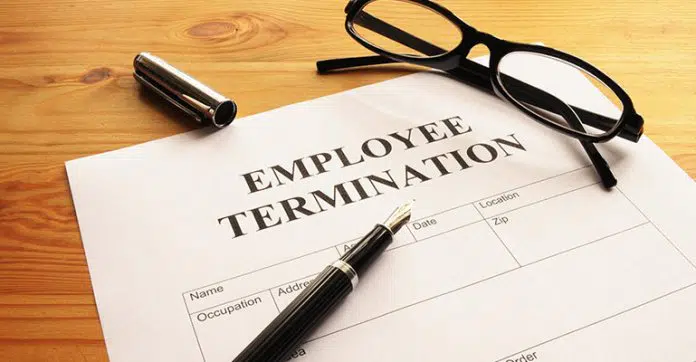The ACLU reports that every year in the U.S., at least 150,000 people are wrongfully terminated. It can a horrible feeling when you call into the boss’s office, fire, and give a box for your things, especially when it doesn’t seem just. While it may be difficult, lashing out in anger is never a good idea. After taking a little time to de-stress so that you can clearly think about what happened, you might find that your employer illegally gave you the boot.
While U.S. employees are employees “at-will,” meaning they can be fired at almost any time and just about any reason, just as you can leave your job whenever you decide to, there are multiple statutes in place that will protect you from being fired illegally. If they have, you may be entitled to wrongful termination damages.
Were You Wrongfully Terminated?
Before taking any action, you’ll want to consider whether or not you were wrongfully terminated. Anti-discrimination laws protect you to fire for reasons due to your gender, race, sexual orientation, disability, age, or national origin, just like they protect you during the hiring process. In most states, you can’t fire if you are pregnant, your marital status, or military affiliation.
There are other things that fall into the category of wrongful termination too. If you think you have fired so your employer wouldn’t have to pay you a sales commission. That would consider a breach of good faith and fair dealing. For example. if you had misled about a wage increase or promotion, or your employer simply made up a reason to fire you. When the actual reason was to hire someone they could pay less money too. It would fall into that same category.
If you have a contract that includes a time frame and your employer fires you before that period is over, you might also have a case for wrongful termination as long as there wasn’t a good cause for your being fired. Another reason your firing may be considered wrongful termination is that it’s a violation of public policy. For example, if your boss fires you for taking time off to serve on a jury, for taking time off to vote, or for being a whistleblower by notifying authorities about wrongdoing that would be harmful to the public. It’s also illegal for someone to punish or retaliate against you for speaking out against sexual harassment.
You Think You’ve Been Wrongfully Terminated, Now What?
While it’s only human to be upset or angry, don’t act on any negative instincts against your employer. If you have not given clear reasons for the firing, ask for them. If you don’t know who made the decision to fire you, find out. Ask to see your personnel file, which must give to you. Review any promises made by your employer and gather as much evidence as possible. Don’t allow yourself to intimate. But do return all company property and follow any procedures the organization has set out for post-employment.
Next, you’ll want to consult with an employment attorney. Keep in mind that there are strict rules and time limits that apply to any discrimination claim. Before using the employer in court, you must file a complaint of discrimination with a federal or state agency, for example. A lawyer can help you file a claim if you decide to do so. You should also file for unemployment benefits to help ease the financial hardship until you can secure a new job.


